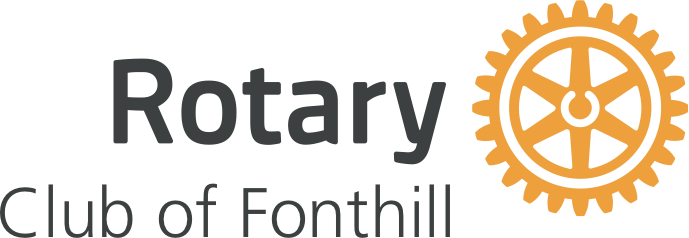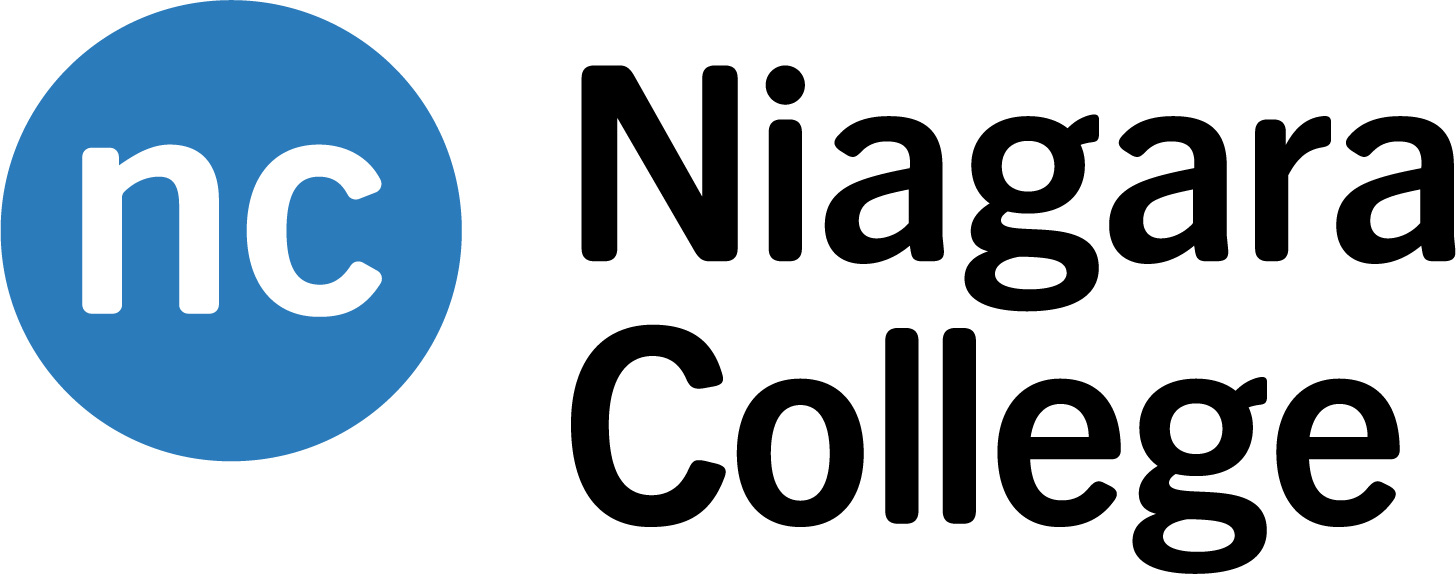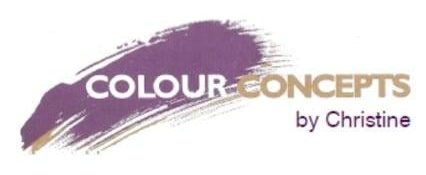If you’ve received a tax refund this year, you may be wondering what to do with the money. Before we get into that, let’s first ask, ‘What is a tax refund?’
You receive a tax refund if you’ve paid too much tax throughout the year. The refund is essentially a reimbursement of the excess amount you’ve paid. While getting a refund often feels good, it means you’ve overpaid and essentially given the government an interest-free loan all year. This typically isn’t an optimal strategy, receiving a tax refund often brings a smile to our faces as it feels like ‘found’ money that wasn’t previously in the budget.
According to Statistics Canada, the Canadian government paid out $37.3 billion in refunds to 17.8 million Canadians from February 10, 2022, to January 28, 2023. During that period, the average income tax refund was $2,093. The Canada Revenue Agency (CRA) indicates that for returns filed before the due date, their goal is to send you a notice of assessment as well as any refund owed to you within two weeks when you file online, and within eight weeks when you file a paper return.
Here are five smart strategies to consider for your tax refund.
- Pay down debt. In today’s high-interest rate environment, carrying debt can be both expensive and stressful. This is especially true for high-interest debt, such as credit card debt. Using your tax refund to pay down debt can help reduce your monthly debt payments and save you a significant amount of interest.
- Build an emergency fund. We recommend having three months’ worth of expenses readily available in the event of an emergency. Without sufficient cash readily available, you might be forced to dip into your long-term investments or borrow to cover an unexpected expense. Establishing an emergency fund can help you avoid this problem. Visit our page on building your emergency savings to learn more.
- Boost your retirement savings. Contributing your tax refund toward your retirement is a great way to boost your retirement savings and can really pay off in the long run. This is especially true if you have an employer matching program. Furthermore, contributing to an RRSP can result in an even larger tax refund to boost your retirement savings. If you’re trying to decide where to invest, consider our article on RRSP or TFSA: Which one makes sense for you?
- Save for a down payment. Saving your tax refund for a down payment on your first home can be a great way to make the goal of home ownership one step closer to reality. The new First Home Savings Account (FHSA) can help you save for your first home and includes some significant tax-advantages, too.
- Contribute to education savings. If you plan to support a child’s education, a lump sum payment to a Registered Education Savings Plan (RESP) could result in a savings boost due to an eligible matching grant from the government. Learn more here about RESPs, including key features and benefits, types of plans, and rules for contributions and withdrawals.
Consult with your Edward Jones financial advisor to help you weigh your options and choose a course of action that works best for you.
This article was written by Edward Jones for use by your local Edward Jones Financial Advisor, Nicolle Lalonde.
 Back to myNiagaraOnline
Back to myNiagaraOnline
































